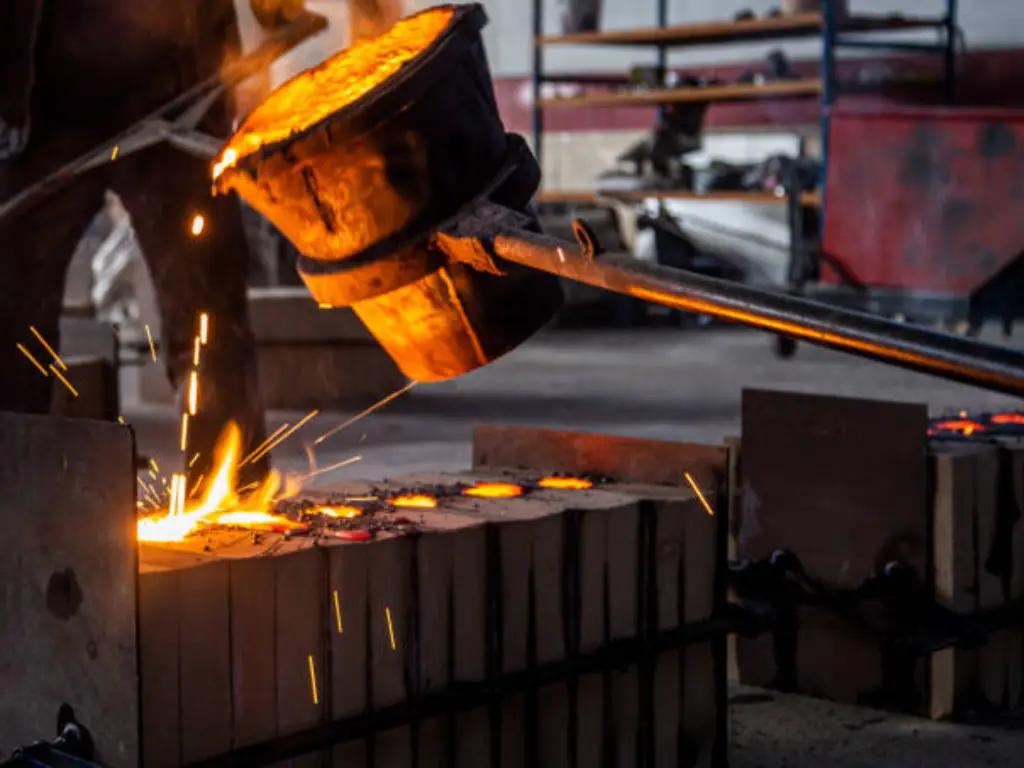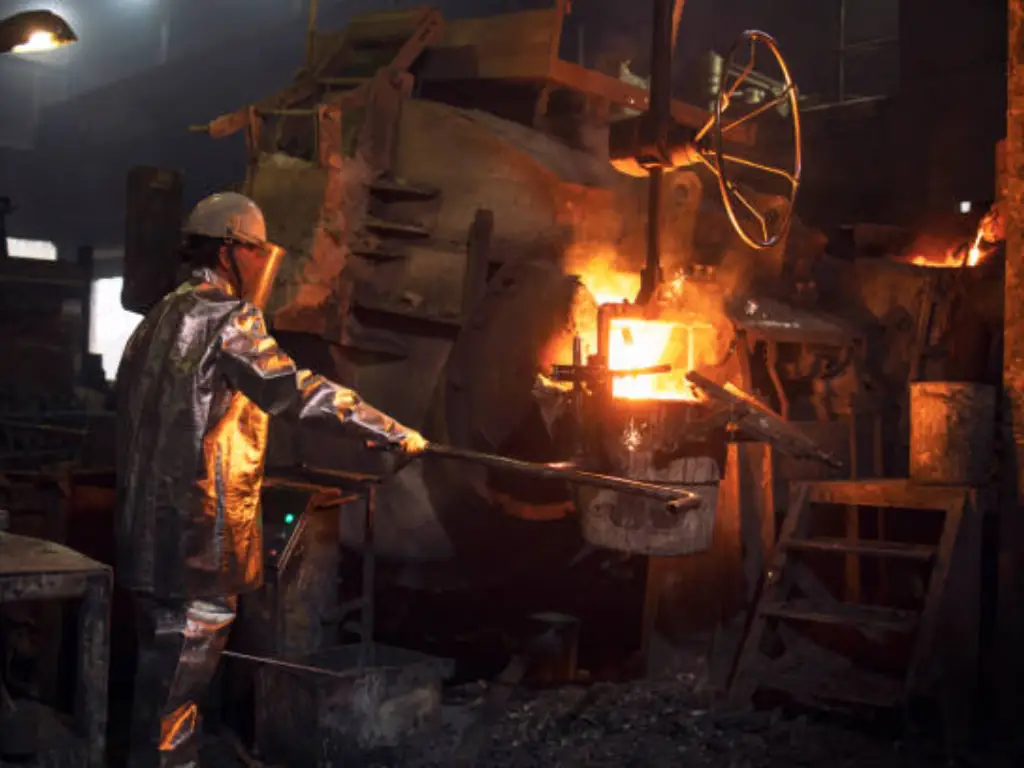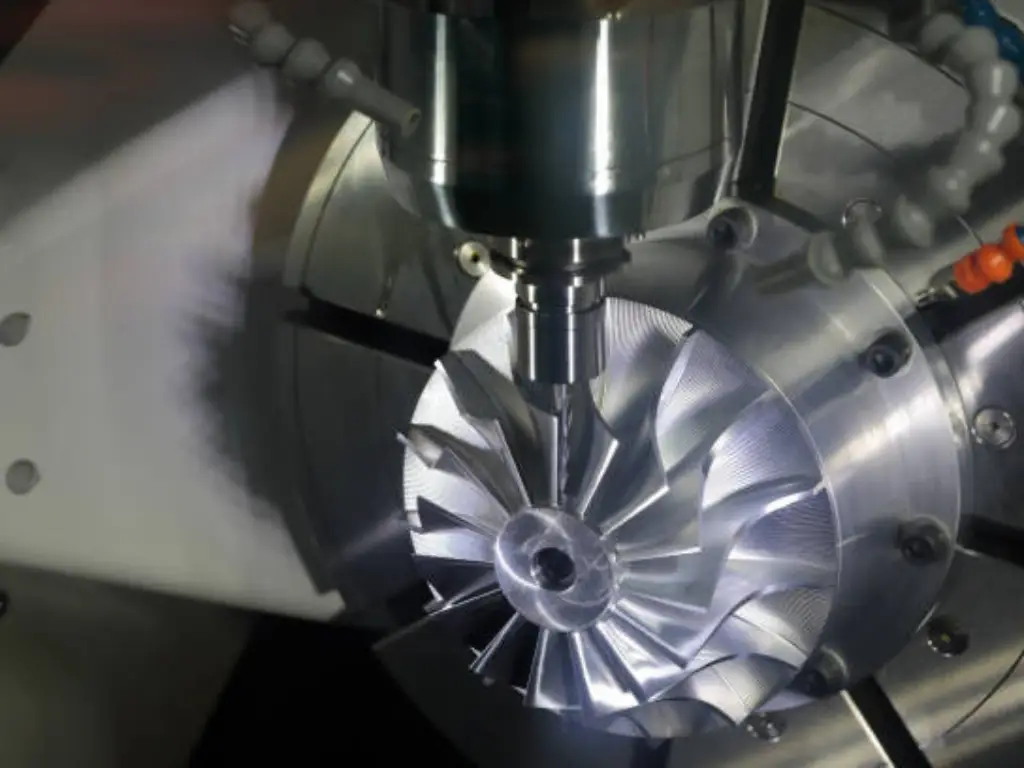300-Series Stainless Steels
- Home
- 300-Series Stainless Steels
300-Series Stainless Steels Overview
The 300-Series Stainless Steels, primarily austenitic alloys like 304 and 316, offer outstanding corrosion resistance and formability. Since 2002, BESSER uses precision silica sol casting to produce 300 Series tailored components of high quality and dimensional accuracy, for applications in automotive, railway, pump-valve systems, etc.
Advantages of 300-Series Stainless Steels
Outstanding corrosion resistance
Exceptional mechanical strength
Excellent weldability for custom parts
Superior heat resistance
Long-lasting performance and durability
Versatile for complex precision casting
Various 300-Series Alloys Features and Applications
As one of leading stainless steel investment casting manufacturers, we specialize in producing the 300-series stainless steels below as standard alloys. Browse and select the metal that fits your needs. If your desired alloy isn’t listed, reach out to our engineers with your specifications—we’ll quickly provide expert insights and customized solutions.
| Alloy Types | Features & Uses |
|---|---|
| 303 (CF16F) | Most machinable austenitic steel, lower corrosion resistance. Used for gears, bushings, hardware fittings in automotive and construction. |
| 304 (CF8) | Excellent corrosion resistance, easy to fabricate. Ideal for valve bodies, pump components, and railway fittings. |
| 304L (CF3) | Low carbon to resist carbide precipitation, excellent formability. Suits automotive exhausts, construction hardware, and pump parts. |
| 309 (CH20) | High heat resistance up to 1038°C, oxidation-proof. Used in aerospace exhausts, valve components, and marine heat shields. |
| 310 (CK20) | Oxidation resistance through 1093°C, tough at cryogenic temperatures. Applied in aerospace structures, valve housings, and railway parts. |
| 316 (CF8M) | Superior corrosion resistance against salt and chlorides. Perfect for marine environments, petrochemical, and automotive parts. |
| 316L (CF3M) | High nickel and molybdenum, immune to sensitization. Used in marine fittings, aerospace brackets, and heavy-duty pump parts. |
| 347 (CF8C) | Oxidation-resistant, stable at high temperatures. Suits aerospace engine parts, train exhaust systems, and valve assemblies. |
Over 200 material grades developed and produced
Utilize international standards (GB, ASTM, AISI, DIN, NF, JIS, BS, AS, AAR, etc.) for material quality
Efficient resource utilization reduces production costs
Proven expertise in controlling alloy composition for better performance
Advanced SPECTRO spectrometers ensure precise chemical composition
Detailed reports provided with chemical composition and dimensional data
We Guarantee Optimal Alloy Formulation and Cost Control
FAQs About 300-Series Stainless Steel Casting
Get the answers you need about 300-series stainless steel casting here.
What are the benefits of using 300-Series Stainless Steels?
300-Series Stainless Steels, such as 304 and 316, offer exceptional corrosion resistance, high strength, and excellent weldability, making them ideal for demanding applications in industries like aerospace, automotive, and chemical processing.
What are the differences between 304 and 316 Stainless Steel?
304 Stainless Steel offers excellent corrosion resistance and is commonly used in a wide range of general industrial applications. However, 316 Stainless Steel includes molybdenum in its composition, which significantly improves its resistance to corrosion, especially in environments exposed to chlorides, such as marine or chemical processing environments. This makes 316 more suitable for harsher, corrosive conditions commonly encountered in industries like chemical processing, marine, and heavy-duty industrial applications.
Can BESSER provide customized stainless steel castings?
Yes, we specialize in providing custom stainless steel castings, tailored to meet your specific design and material requirements.
Can you produce small batch orders?
Yes, we can handle both large-scale and small-batch production, ensuring flexibility in meeting the needs of different clients. We specialize in producing high-quality custom parts, whether in small quantities or for large-volume orders.
Do you offer post-casting services?
Yes, BESSER provides additional post-casting services, including CNC machining, surface treatments (like polishing, electroplating, and coating), and heat treatment, to meet specific client requirements.
Related Articles
Top 10 Investment Casting Suppliers for 2026
January 28, 2026
No Comments
What is Metal Casting? The Ultimate Engineering Guide
January 28, 2026
No Comments
Casting vs Machining: A Comprehensive Engineering Guide
January 27, 2026
No Comments




